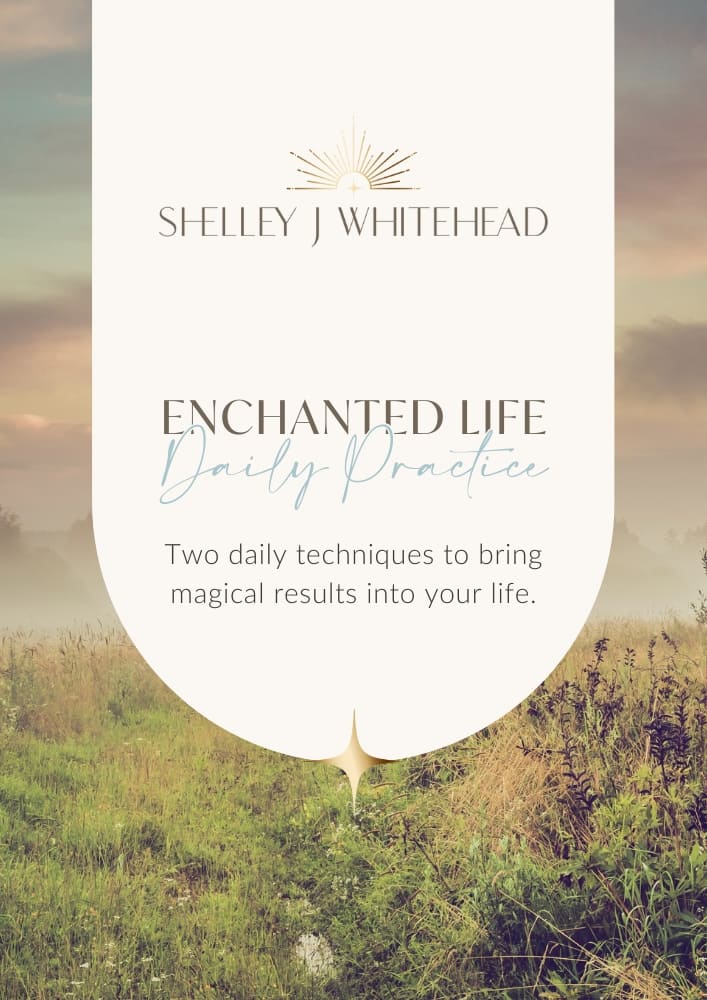Performance anxiety is surprisingly common. Most often, you’ll hear it mentioned in the context of work (where it can also be called ‘stage fright’)… but is equally common in intimate settings. Today I’m going to focus on why performance anxiety occurs in relationships, in the context of intimacy. (Yes – today I’m talking about ‘performance’ in the bedroom!) – I’m going to talk you through some of the causes of performance anxiety and give you some helpful tools for combatting the destructive effects it can have for you in your life.
Like all good practitioners, in the field of mental and physical health, when someone comes to me and tells me they are struggling with this kind of thing, I always start by addressing some of the basics of good health. Let’s get those quickly cleared out the way so we can start to look at some of the less obvious causes.
Your physical health affects your performance
Whenever you’re struggling, it’s good to do a quick pit-stop kind of check-in. One of the first questions to ask yourself when you’re having an off moment, an off day or even an off month is: Am I tired? Am I thirsty? Am I feeling hungry? Have I eaten healthily today? Have I had too much alcohol?…All of these things relate to our basic human physiological needs. If any of these needs haven’t been properly met, we are naturally going to be off-kilter. We’re not going to be performing at our best, in any capacity.
Before we can perform in any shape or form, it’s not just important – it’s essential – to make sure that our basic health needs are met. So before you start exploring anything else that relates to your performance, ask yourself those simple questions. You may find that there are natural, easy answers in there and that you need to address some of those directly (for example, by having an early night). And if these needs aren’t being met on a consistent basis, you can perhaps have a think about what you could do to get into better basic self-care habits.
The concept of ‘performance’
The idea of a performance is a little bit problematic in relationships. It’s a term we use as a shorthand to mean a form of high quality intimacy but, if you have a think about it, performance is, in many ways, the opposite of genuine intimacy.
Genuine intimacy means an ability to let your guard down and to show your innermost self to another individual. It’s not an act of showing off, in the sense of being up on stage – it’s a form of connecting with another person and, in the process, perhaps making yourself a little bit vulnerable – allowing the other person to see your full and real self. With your metaphorical mask off.
Ask yourself: why am I focused on performing, rather than connecting?
If you’re feeling that you have to ‘perform’ you might want to ask yourself: ‘what does this mean about the connection I have with the other person’? Am I afraid of them seeing me? Why do I feel the need to impress them rather than to connect with them?
Often, these questions can stem from conflict in a relationship. It may be that you have felt criticised or that there are unresolved resentments hanging in the air. Perhaps you are not feeling appreciated. It’s really helpful to get clarity on anything that you feel is amiss in the relationship. If your performance anxiety is coming from a place of feeling inadequate in some way, then you might want to spend some time looking into the sources of that sense of unworthiness.
Performance implies pressure
When we use the term ‘performance’ it often implies a form of pressure or a form of judgement. That makes sense at work or, for example, on a sports field: when we are competing to deliver certain results and when someone will be judging us for the quality of what we deliver. If you’re feeling under pressure in an intimate setting, however, it is worth considering where this pressure is coming from.
If you feel that the pressure is coming from your partner, then perhaps you need to do a little bit of work on your own boundaries and ask yourself if you are really looking out for your own feelings and needs or if you are succumbing to the boundary-breaking practice of sacrificing that in order to appease someone else.
Pressure sometimes comes from culture
Over the years, I’ve found that an increasingly high number of people are affected by what they see as ‘the norm’. They are affected by what they read in magazines and what they see in films and think there are certain things they ‘should’ be doing and certain ways they ‘should’ be behaving. The wide availability of pornography on the internet has meant that many more people watch it these days than ever before. And most of the pornography we see performed by actors is a completely fake, exaggerated and stylised version of sexual intimacy… without any genuine intimacy of any kind. It’s a form of theatre that is totally unrepresentative of reality. If you’re comparing yourself to these fictional representations of intimacy, you are bound to have some challenges with strange judgements of yourself.
A reframe, to get out of performance anxiety
My number one advice for performance anxiety is to refocus away from the concept of performance altogether.
I recommend that you focus on connection instead of on the notion of putting on an act. And that means connecting with yourself first. If you start by tuning in to your needs (with the physiological ones first followed by your feelings and emotions) and make sure that you are feeling fully on top of those first, then you can start to tune in to the needs of your partner. True connection means honouring your needs first so, from there, you can allow yourself to fully present to connect to your partner.



